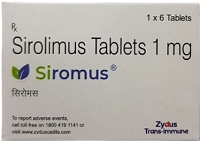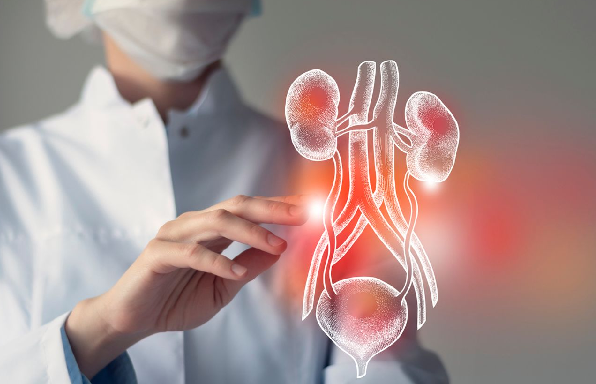How do Immunosuppressants help Organ Transplants?
Organ Transplant
 Immunosuppressant drugs keep your immune system in proper check. Your body’s immune system fights germs and infections that cause diseases and illness. However, most of the time, the immune system attacks healthy tissues and cells mistakenly. This response is slowed down or stopped by immunosuppressant drugs.
Immunosuppressant drugs keep your immune system in proper check. Your body’s immune system fights germs and infections that cause diseases and illness. However, most of the time, the immune system attacks healthy tissues and cells mistakenly. This response is slowed down or stopped by immunosuppressant drugs.
Role of Immunosuppressant in organ transplantation
Immunosuppressants help organ transplantation by preventing your body’s immune system from damaging healthy tissues and cells. Doctors prescribe immunosuppressant drugs to avoid problems and damage to the newly transplanted organ. There are a variety of medications, such as Siromus 1mg Tablet that your doctor will prescribe to protect your newly transplanted organ and suppress the natural immune response of your body. Immunosuppressants work by tricking your immune system and making it believe that your newly transplanted organ is not a foreign object and should not be attacked. After undergoing organ transplantation, patients must take these medications for the rest of their lives.
Who needs immunosuppressant drugs?
Immunosuppressant drugs are required by the following people undergoing the following
- Organ transplantation
- Bone marrow stem cell transplantation
- Autoimmune diseases
Immunosuppressant drugs Like sirolimus help to prevent new transplant rejection and treat autoimmune diseases. The immune system of a person having an autoimmune disease can mistakenly damage healthy cells and tissues for germs or foreign invaders. Immunosuppressant holds the immune system back to prevent cell inflammation and damage. These drugs are also given to minimize warning signs or symptoms and result in the remission of autoimmune diseases. Talk to your physician to understand how to take the medication, the potential side effects of the medication, the sirolimus price, etc.
Why should you take immunosuppressants regularly if you undergo organ transplantation?
 The key to ensuring successful organ transplantation throughout your lifetime is to take immunosuppressant medications like Sirolimus and Siromus 1mg as your doctor prescribes, without missing any dose. It is essential to ensure to take the medication as per the instructions given by your healthcare professional. Your body’s immune system recognizes and attacks everything that appears different from what is usually present in the body. Immunosuppressant even treats a newly transplanted organ as a foreign object. Immunosuppressant does not discriminate between transplanted organs and harmful substances; therefore, taking Immunosuppressant helps as your immune system cannot respond to your newly transplanted organ as a foreign substance attacks it.
The key to ensuring successful organ transplantation throughout your lifetime is to take immunosuppressant medications like Sirolimus and Siromus 1mg as your doctor prescribes, without missing any dose. It is essential to ensure to take the medication as per the instructions given by your healthcare professional. Your body’s immune system recognizes and attacks everything that appears different from what is usually present in the body. Immunosuppressant even treats a newly transplanted organ as a foreign object. Immunosuppressant does not discriminate between transplanted organs and harmful substances; therefore, taking Immunosuppressant helps as your immune system cannot respond to your newly transplanted organ as a foreign substance attacks it.
Benefits and risks
Immunosuppressants are potent drugs prescribed by doctors to people who have undergone the following
- Stem cell transplants,
- Bone marrow transplants,
- Organ transplantation,
- Those suffering from autoimmune diseases like
- Rheumatoid arthritis
- Lupus, sorosis
- Multiple sclerosis, etc.
High doses of immunosuppressants can cause potential side effects like
- Diabetes
- Acne
- Fatigue
- Tremors
- Mouth Sores
- Osteoporosis
- Weight Gain
- Vomiting
- Nausea
- Stomach Upset
As they are powerful medications, you must take them at the same time every day without skipping any dose; otherwise, the risk of organ rejection may increase.




 :
:  +91 – 9999064250 | 9811604444 | 9811604424
+91 – 9999064250 | 9811604444 | 9811604424


